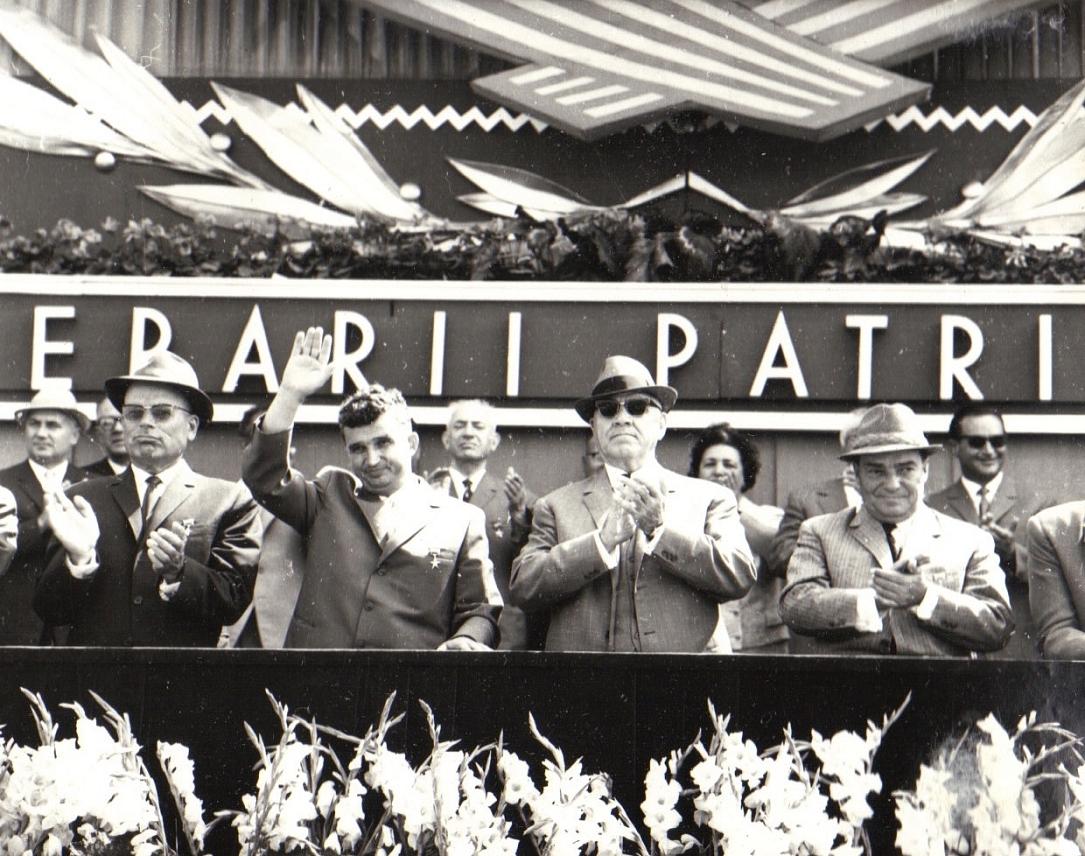The National Archives will fully digitize its collection of photographs depicting Communist Romania



Thousands of photographs of Communist Romania and of Romania as a Constitutional Monarchy between 1921-1947, managed by The National Archives are going to be scanned and digitized. The Institute for the Investigation of the Crimes of Communism and the Memory of the Romanian Exile will collaborate with the National Archives of Romania on this project.
The Institute for the Investigation of the Crimes of Communism and the Memory of the Romanian Exile (IICCMER) is a governmental structure whose role lies in the scientific analysis of the totalitarian period and its consequences. One of its main areas of activity is collecting, archiving, and publishing documents related to the memory of the Romanian Communist regime.
The project they have planned is the digitization of the National Archives’ photograph collection. Over the next six years, around 100,000 photographic materials from 1921-1989 will be digitized and uploaded to IICCMER’s online photo library in two sections: 1921-1944 and 1945-1989. Here they will be freely available to the public.
The National Archives will be taking care of the selection process, identifying the photographs from its archival collections that fit the agreed-upon timeframe. The scanning will be done at a high DPI resolution to ensure that no details are lost.
Project coordinator Stefan Bosomitu told Libertatea that the scanning process of the photo archive will begin in July and the first digitized images will be available on the new website two months later.
Besides the actual digitization process, the Institute states that it is planning to rebuild the "Online Photo Library of Romanian Communism", the online platform which currently hosts around 5,600 photographs, in an effort to make it as user-friendly as possible. Necessary improvements will be made, such as updating the usable search engine,
“We live in the age of digitization, so the implementation of this project is imperative. Thirty-three years after the Revolution, Romanians have the right to know their history, and we have the obligation to give them access to information through accessible tools,” said Professor Daniel Șandru, President of IICCMER.
maia@romania-insider.com
(Photo source: Fototeca online a comunismului românesc - photo 276/1966)